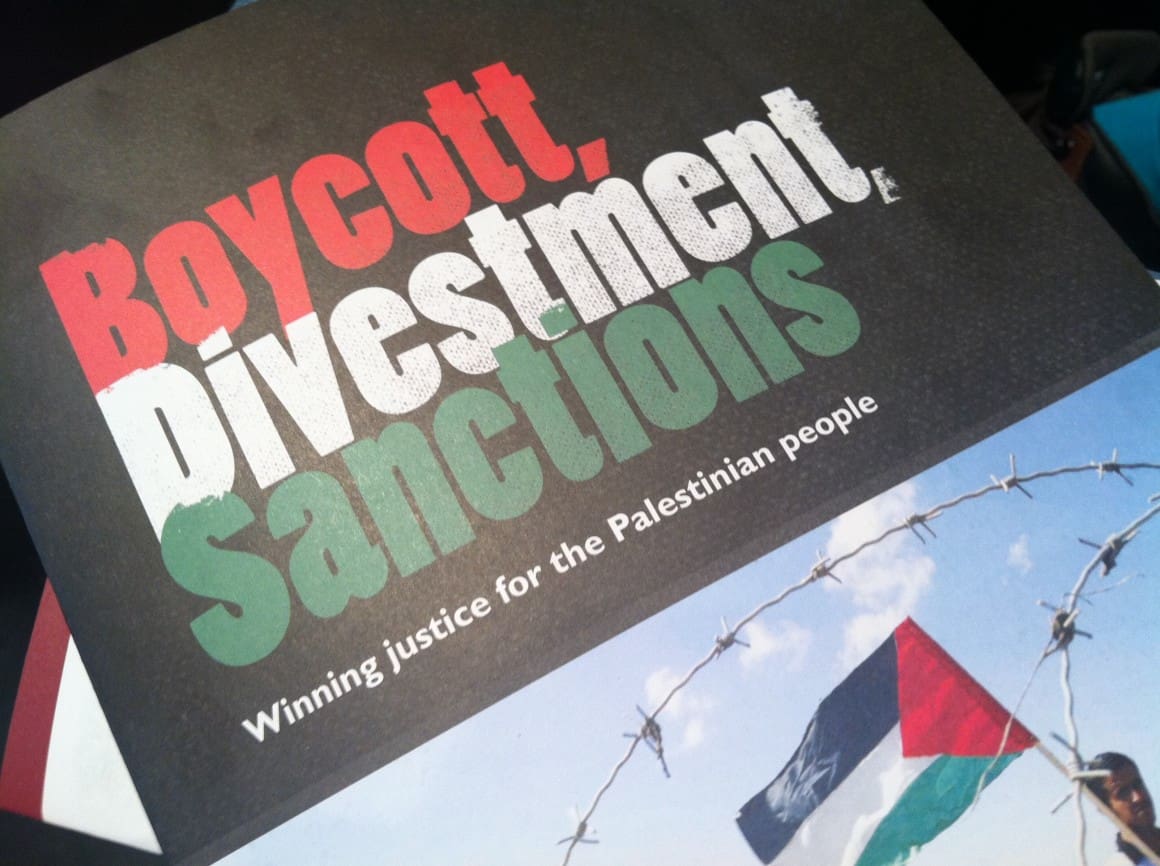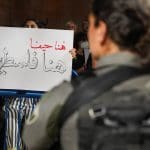
As the Israeli regime escalates its apartheid and settler colonial practices in Palestine, calls for sanctions against it have likewise increased. Still, sanctions remain controversial – both in terms of their ethics and efficacy. Indeed, many have argued that sanctions have rarely achieved their intended goals.
What might sanctions look like in the context of efforts to hold the Israeli regime accountable for its human rights violations? Would sanctions be effective, or are they too little too late? And what lessons may be drawn from the South African experience and others? To answer these questions and more, join host Tariq Kenney-Shawa in conversation with Nada Elia and Khaled Elgindy for our latest policy lab!
Tariq Kenney-Shawa is Al-Shabaka's US Policy Fellow and co-host of Al-Shabaka's Policy Lab series. He holds a Masters degree in International Affairs from Columbia University....
Nada Elia teaches ethnic and cultural Studies at Western Washington University. She is the author of Greater Than the Sum of Our Parts: Feminism, Inter/Nationalism,...
Khaled Elgindy is a senior fellow at the Middle East Institute, where he also directs MEI’s Program on Palestine and Israeli-Palestinian Affairs. He is the...














